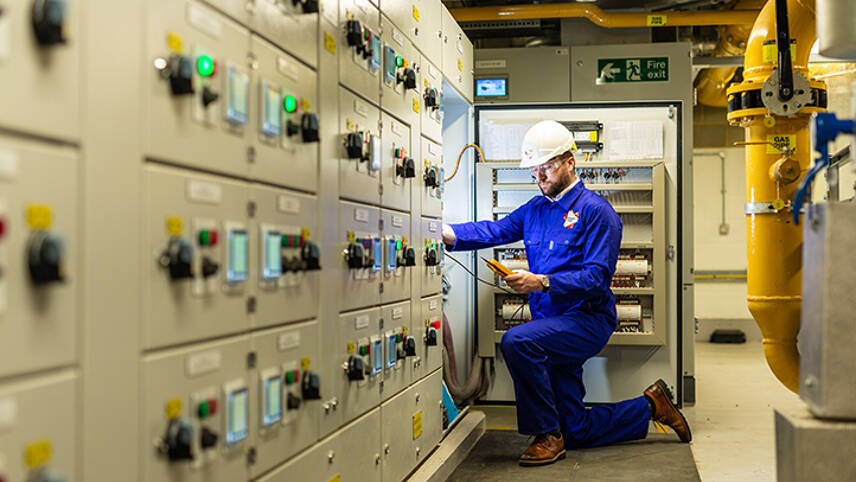Register for free and continue reading
Join our growing army of changemakers and get unlimited access to our premium content

Image: Pinnacle Power
The new partnership between Pinnacle Power and DIF Capital Partners will accelerate the deployment of “town-and-city-scale heat networks” that will help to decarbonise tens of thousands of homes and buildings across the UK. Pinnacle Power states that deployed projects will total more than £1bn in value.
Heating has been a major challenge in the UK’s efforts to decarbonise and currently accounts for more than one-third of total emissions. As the Government pledges to invest in heat pump technologies, it is also exploring how heating networks can be used to capture waste heat from local industrial and commercial buildings and reuse it. The cost-of-living crisis and rising gas costs have only added to the importance of tackling this issue.
Pinnacle Power claims the new investment will save up to 200,000 tonnes of CO2 a year, by cutting out the need for homes and buildings to have their own gas boilers. The new projects, which are yet to be disclosed, will add to the more than 100 projects the company has overseen to date.
Last month, the Government confirmed how it would allocate almost £2bn of funding to improve the energy efficiency of more than 115,000 homes and public sector buildings like schools and hospitals. It then built on that funding by announcing the creation of the Great British Insulation Scheme, which will see the ECO extension rebranded. The Government has stated that the Scheme will upgrade 300,000 of the country’s least energy-efficient homes.
Pinnacle Power’s chief executive Toby Heysham said: “As recognised in the Government’s Energy Security Plan, heat networks will play a critical role in delivering affordable, low-carbon heating, and help hit the UK Government’s legally binding carbon targets.
We are excited to be working with DIF to deploy the scale of investment this market needs. We know that the industry needs to deploy at least £60-80bn into low-carbon heat networks to unlock the vast amount of local, wasted heat and deliver that heat into homes and businesses. Many towns and cities have declared climate emergencies but very few have credible solutions to the ‘heat challenge’. This investment offers a clear pathway to achieving decarbonisation, through local investment in locally generated, low-carbon heat.”
The UK is aiming to boost heat pump installation rates to 600,000 units per year by 2028. However, industry bodies and the government’s own climate advisors have warned that policymakers are not properly planning to deliver this uplift. Ministers claimed last week to be developing new interventions in the heat pump market, to be unveiled later this year.
In related news, the UK Energy Research Centre (UKERC) has published a review of the economic and emissions-related benefits of heat pump uptake.
The conclusion is that there are “realistic prospects” to significantly reduce the upfront cost of heat pumps this decade, by around 20 to 30%. However, the Centre believes it is “unlikely” for heat pumps to reach price parity with gas boilers by 2030, as the Government is targeting. It notes that a reduction of up to 70% would be needed for air-source heat pumps to meet that vision.
Global sales of heat pumps increased by 11% year-on-year in 2022, with a steeper increase of 40% recorded across EU member states, according to new research from the International Energy Agency (IEA).
Nonetheless, globally, the levels of increased heat pump deployment are not keeping pace with the IEA’s 2050 net-zero scenario. This scenario requires heat pump sales to increase by 15% year-on-year each year in the 2020s, laying the groundwork for heat pumps to meet some 20% of global building heating needs by 2030 – up from 10% at present.


Please login or Register to leave a comment.